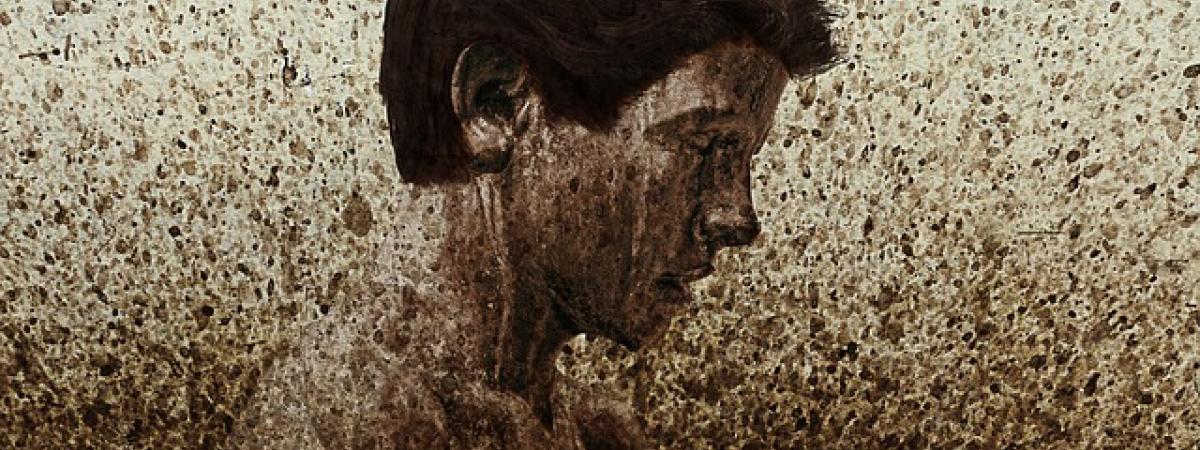How your imagination can make you ill
published in Reader's Digest,
25 July 2018

Early diagnosis saves lives – and so it’s good to search yourself for signs and symptoms. But over-thinking and imagining that you’re ill when you’re not can actually make you ill, through something known as the ‘nocebo effect’.
Imagined illness can come about through an overactive imagination, overdiagnosis and overreaction.
Overactive Imagination
This is best seen when medical students convince themselves that they are suffering from each and every disease that they study, in an experience so common that it has become known as ‘medical student syndrome’.
Writing in 1908, Boston neurologist George Lincoln Walton said, for medical students, “the mere knowledge of the location of the appendix [for example] transforms the most harmless sensations in that region into symptoms of serious menace….”
As students learn their anatomy and physiology, their everyday aches and pains, their bowel sounds and bellyaches and their tiredness and tearfulness fill them with foreboding.
Overdiagnosis
It’s easy to imagine that you’re depressed if you’re suffering from sadness and sleep problems, fatigue and forgetfulness; it’s possible that these are instead real reactions to life events and that they will pass.
Depression is often over-diagnosed according to Professor Stewart Justman from the University of Montana. He blames the tools that doctors use to diagnose depression, since they make nearly everybody eligible for diagnosis. What may have been imagined illness is turned into the truth.
What may have been imagined illness is turned into the truth.
Justman also wonders whether children with inattention or impulsiveness have sometimes been overdiagnosed with ADHD. How else do you explain the threefold increase in its incidence over the last two decades?
Are we too often framing normal conditions as medical problems? Being liberal with labels, are we endorsing the imagination?
Stirring up illness
Sometimes you find what you’re looking for; you experience what you expect and imagined illness results in real illness. How?
When your imagination lets you be labelled as ill, that label has power. You may start to behave accordingly, letting the ‘label come to life’, relinquishing your responsibilities as you start summoning symptoms. Others too, may start to treat you as ill, reinforcing your beliefs.
When your imagination sends you in pursuit of medication and scans, more problems arise. Medicine can heal the sick, but it can also harm the healthy.
Medicine can heal the sick, but it can also harm the healthy.
Studies show, for example, that the radiation in CT body scans causes fatal cancer in one in 2000 people who undergo them for purely diagnostic purposes.
Did you know that prescription drugs are the third most common cause of death after heart disease and cancer? Every year psychiatric drugs, including anti-depressants and dementia drugs, are responsible for an estimated half a million deaths in those aged over 65. Don’t let your imagination inspire unnecessary pill-popping.
The solution
Don’t imagine that you’re ill (when it has been confirmed that you’re not).
To do this, you need to let go of the harmful thoughts. Realise that they are just thoughts, before they become reality. Jon Kabat-Zinn, founder of mindfulness-based stress reduction, suggests treating negative thoughts like weather patterns in the mind - or bubbles coming off the bottom of a pot of boiling water. “Watch them go through the water and ‘go poof’ at the surface,” he says. “You don’t have to get rid of them, or sweep them all away. Don’t touch them; don’t do anything with them; don’t get caught in them.” Treat them like bubbles waiting to be popped or clouds passing by.
Set your imagination free for better things.
